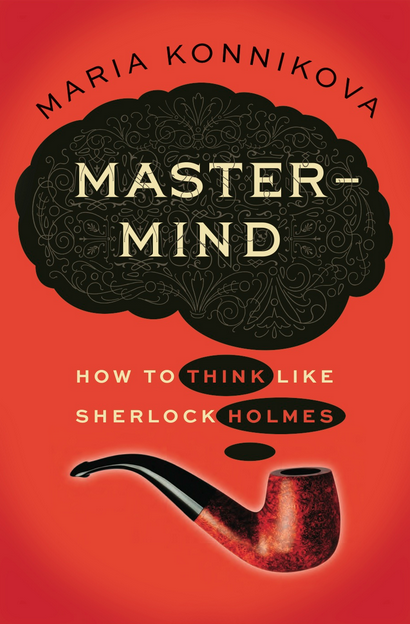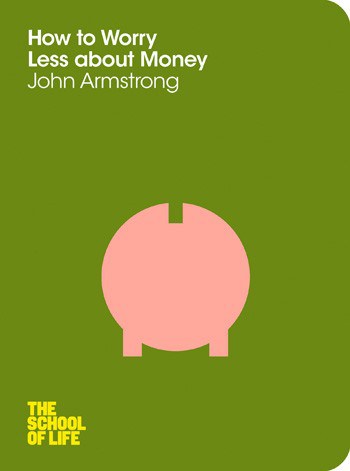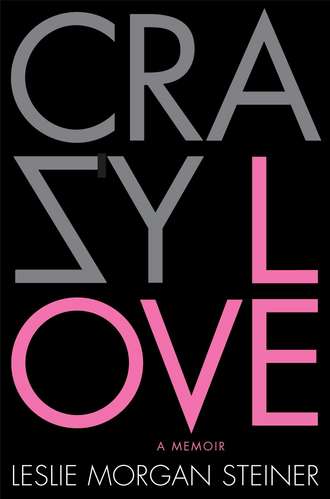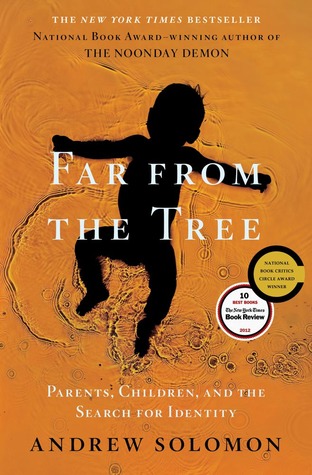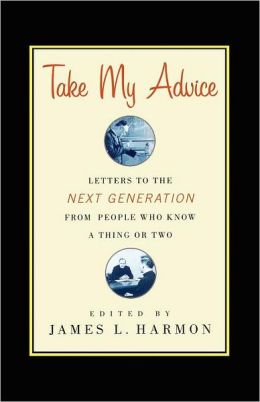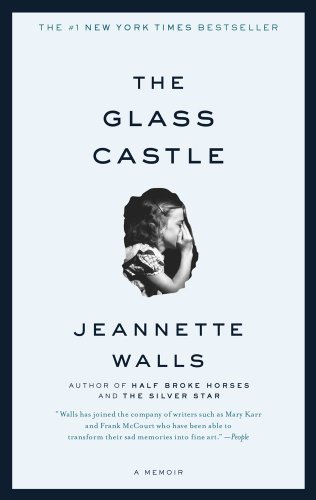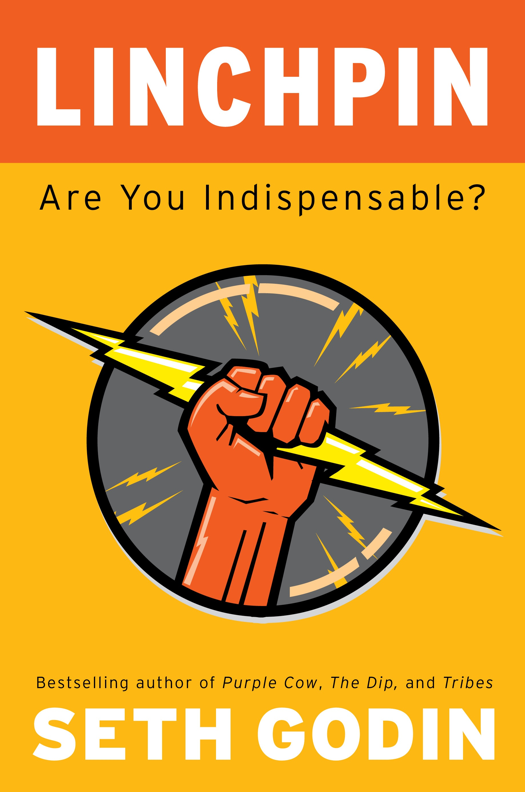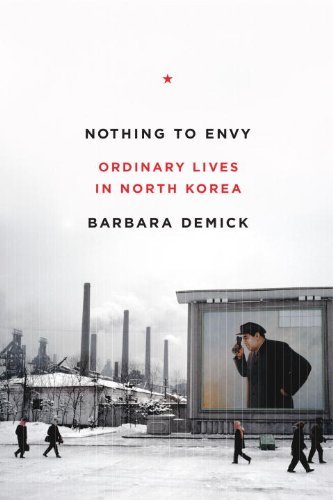Here’s a few fantastic excerpts from the compelling book by science writer Maria Konnikova:
“The idea of mindfulness itself is by no means a new one. As early as the end of the nineteenth century, William James, the father of modern psychology, wrote that, ‘The faculty of voluntarily bringing back a wandering attention, over and over again, is the very root of judgment, character, and will. … An education which should improve this faculty would be the education par excellence.’ That faculty, at its core, is the very essence of mindfulness. And the education that James proposes, an education in a mindful approach to life and to thought. … In recent years, studies have shown that meditation-like thought (an exercise in the very attentional control that forms the center of mindfulness), for as little as fifteen minutes a day, can shift frontal brain activity toward a pattern that has been associated with more positive and more approach-oriented emotional states, and that looking at scenes of nature, for even a short while, can help us become more insightful, more creative, and more productive. We also know, more definitively than we ever have, that our brains are not built for multitasking — something that precludes mindfulness altogether. When we are forced to do multiple things at once, not only do we perform worse on all of them but our memory decreases and our general wellbeing suffers a palpable hit. But for Sherlock Holmes, mindful presence is just a first step. It’s a means to a far larger, far more practical and practically gratifying goal. Holmes provides precisely what William James had prescribed: an education in improving our faculty of mindful thought and in using it in order to accomplish more, think better, and decide more optimally. In its broadest application, it is a means for improving overall decision making and judgment ability, starting from the most basic building block of your own mind.”
On selective observation:
“Observation with a capital O — the way Holmes uses the word when he gives his new companion a brief history of his life with a single glance — does entail more than, well, observation (the lowercase kind). It’s not just about the passive process of letting objects enter into your visual field. It is about knowing what and how to observe and directing your attention accordingly: what details do you focus on? What details do you omit? And how do you take in and capture those details that you do choose to zoom in on? … Everything we choose to notice has the potential to become a future furnishing of our attics — and what’s more, its addition will mean a change in the attic’s landscape that will affect, in turn, each future addition. So we have to choose wisely. Choosing wisely means being selective. It means not only looking but looking properly, looking with real thought. It means looking with the full knowledge that what you note — and how you note it — will form the basis of any future deductions you might make. It’s about seeing the full picture, noting the details that matter, and understanding how to contextualize those details within a broader framework of thought.”
On intuition & mindfulness:
“Our intuition is shaped by context, and that context is deeply informed by the world we live in. It can thus serve as a blinder — or blind spot — of sorts. … With mindfulness, however, we can strive to find a balance between fact-checking our intuitions and remaining open-minded. We can then make our best judgments, with the information we have and no more, but with, as well, the understanding that time may change the shape and color of that information.”
